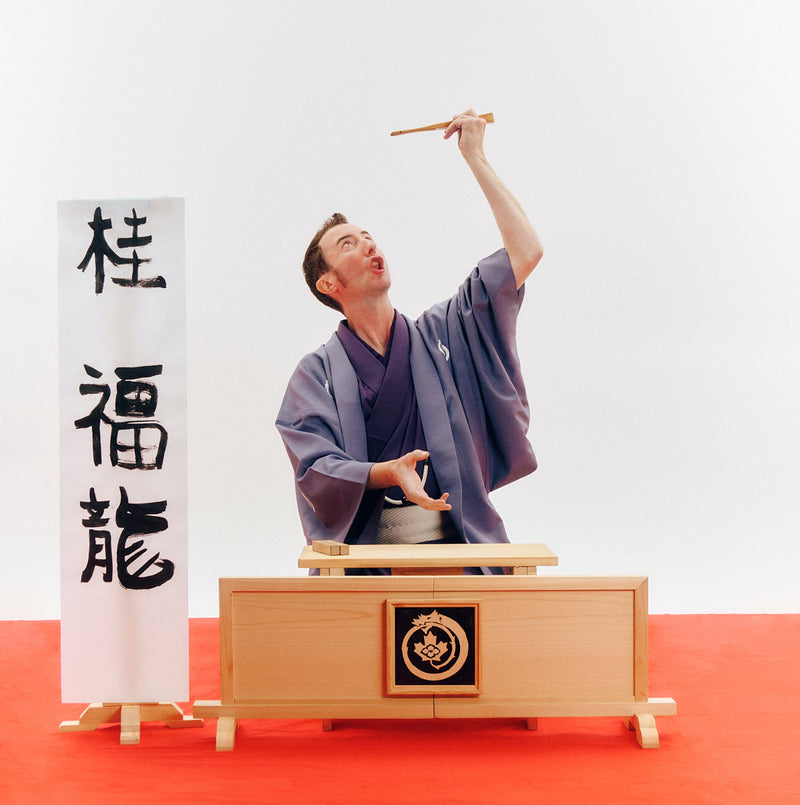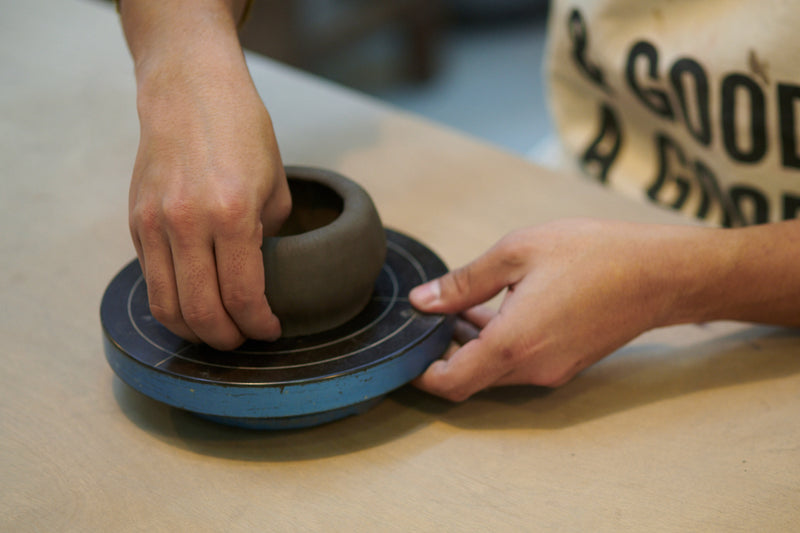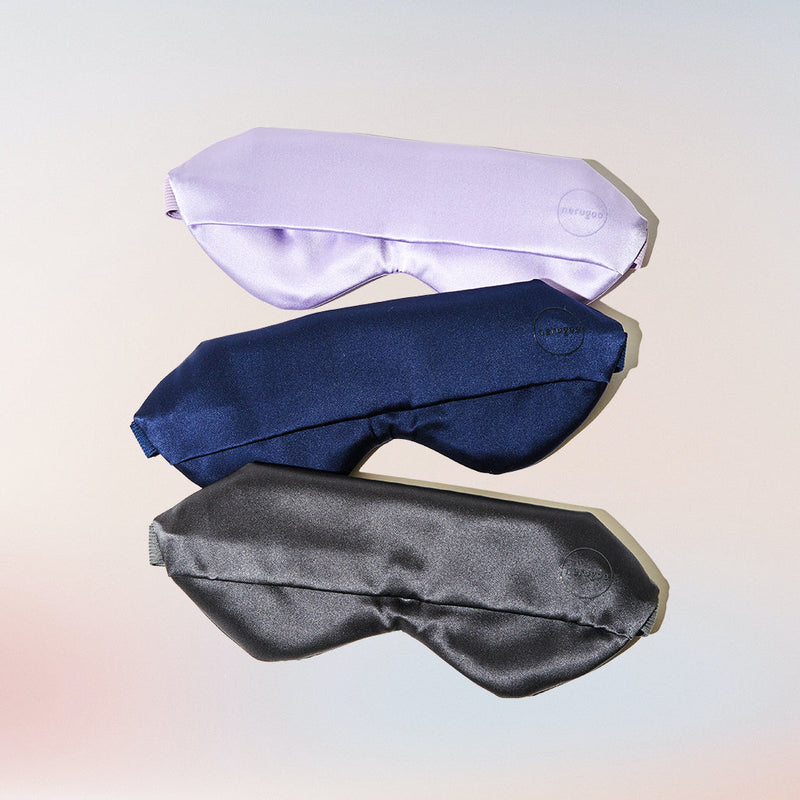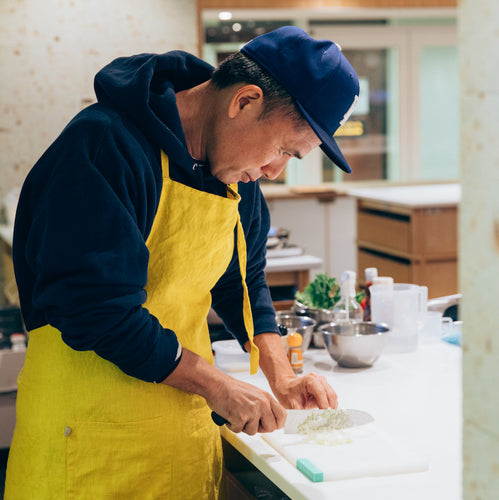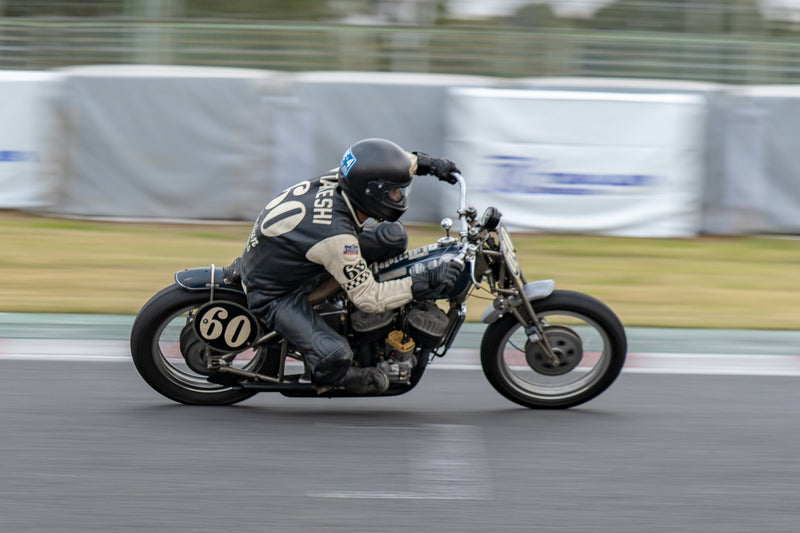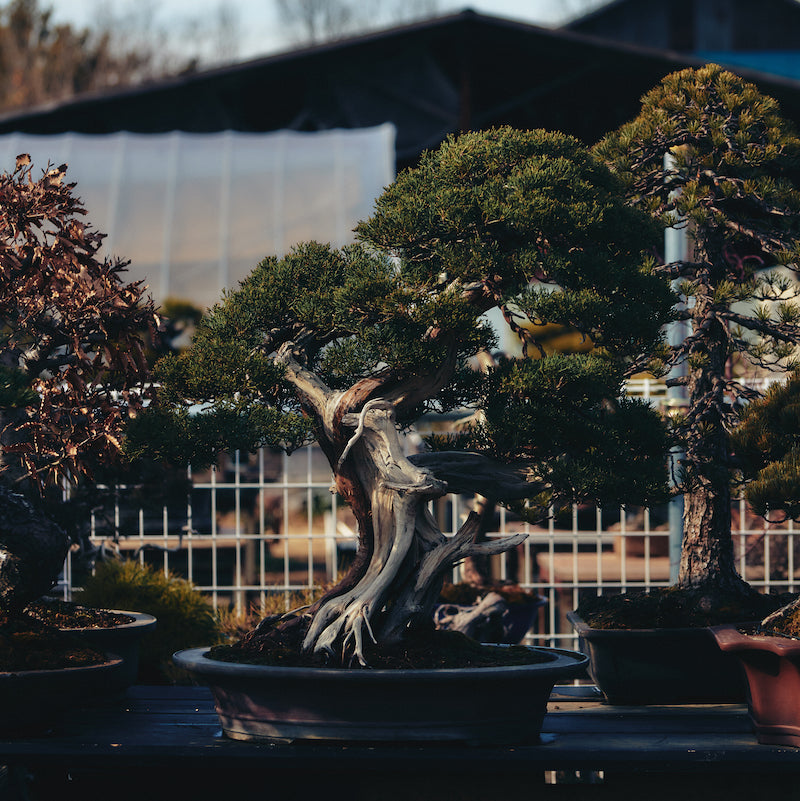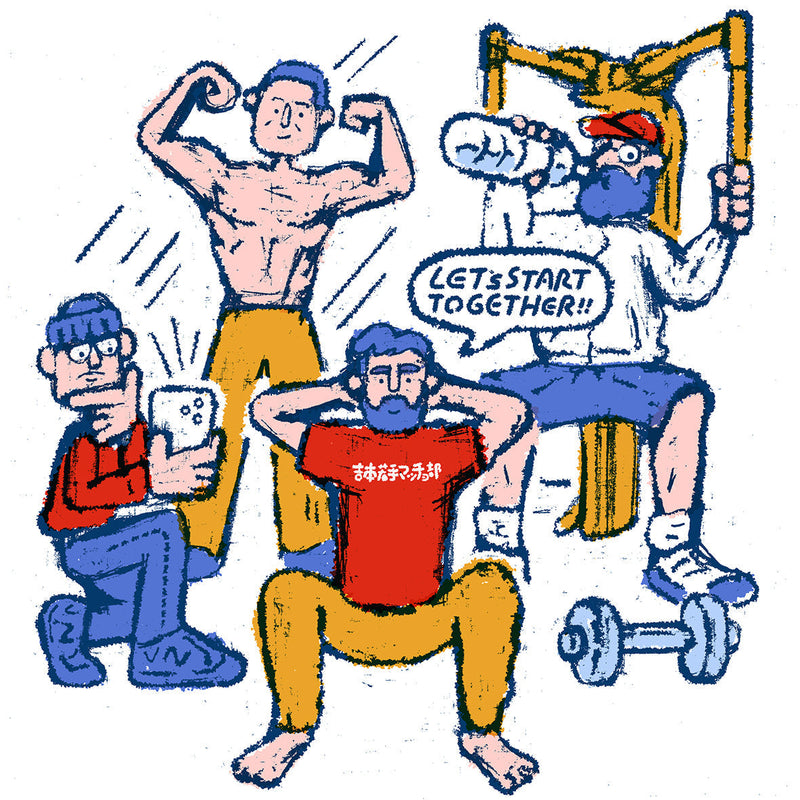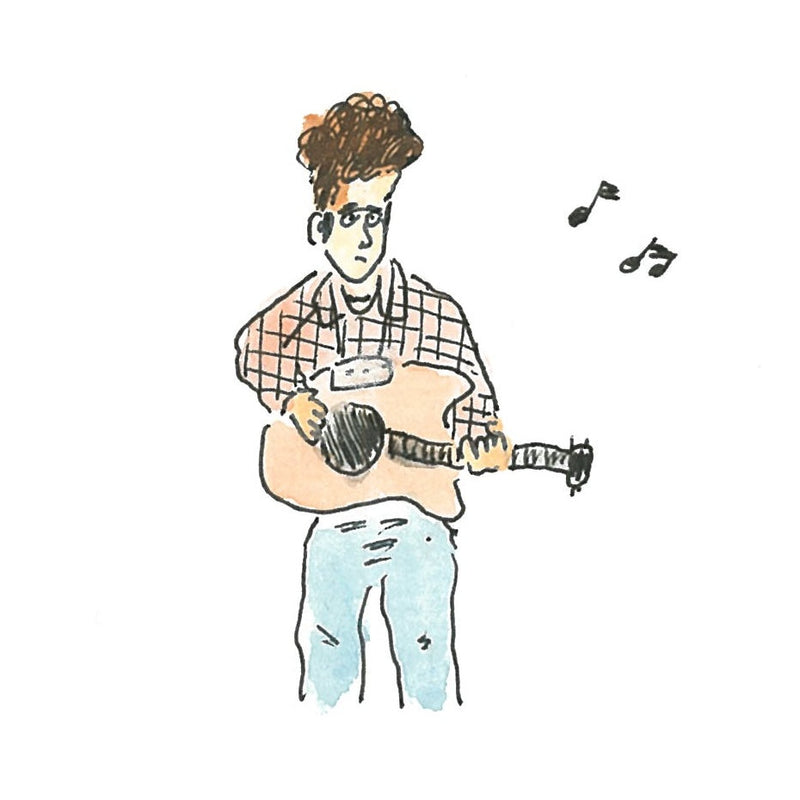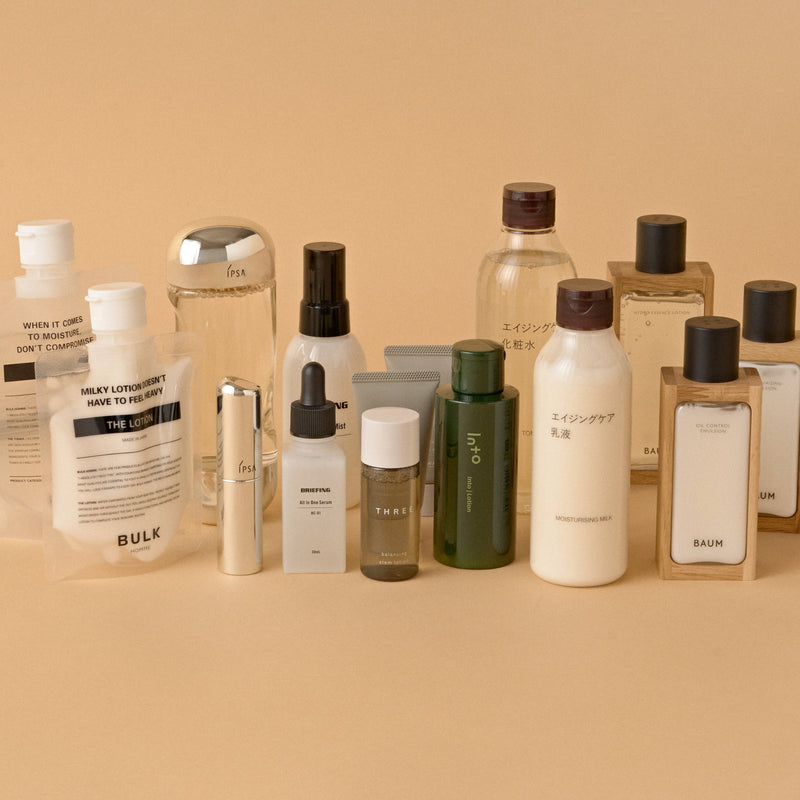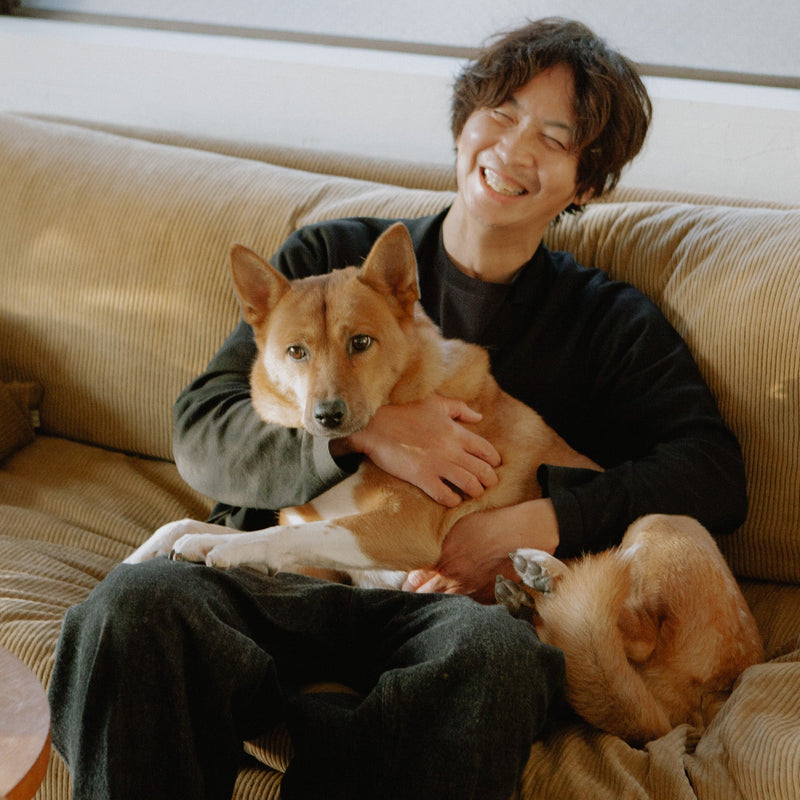Although the number of animals killed in Japan is decreasing year by year, it is still high. Rather than turning a blind eye to this reality, what can we do? Adopting a rescue animal is one option, and it not only saves animals, but also has the great power to enrich their lives. The relationship between editor Takanobu Kobayashi and former rescue dog Fuku is a testament to this.
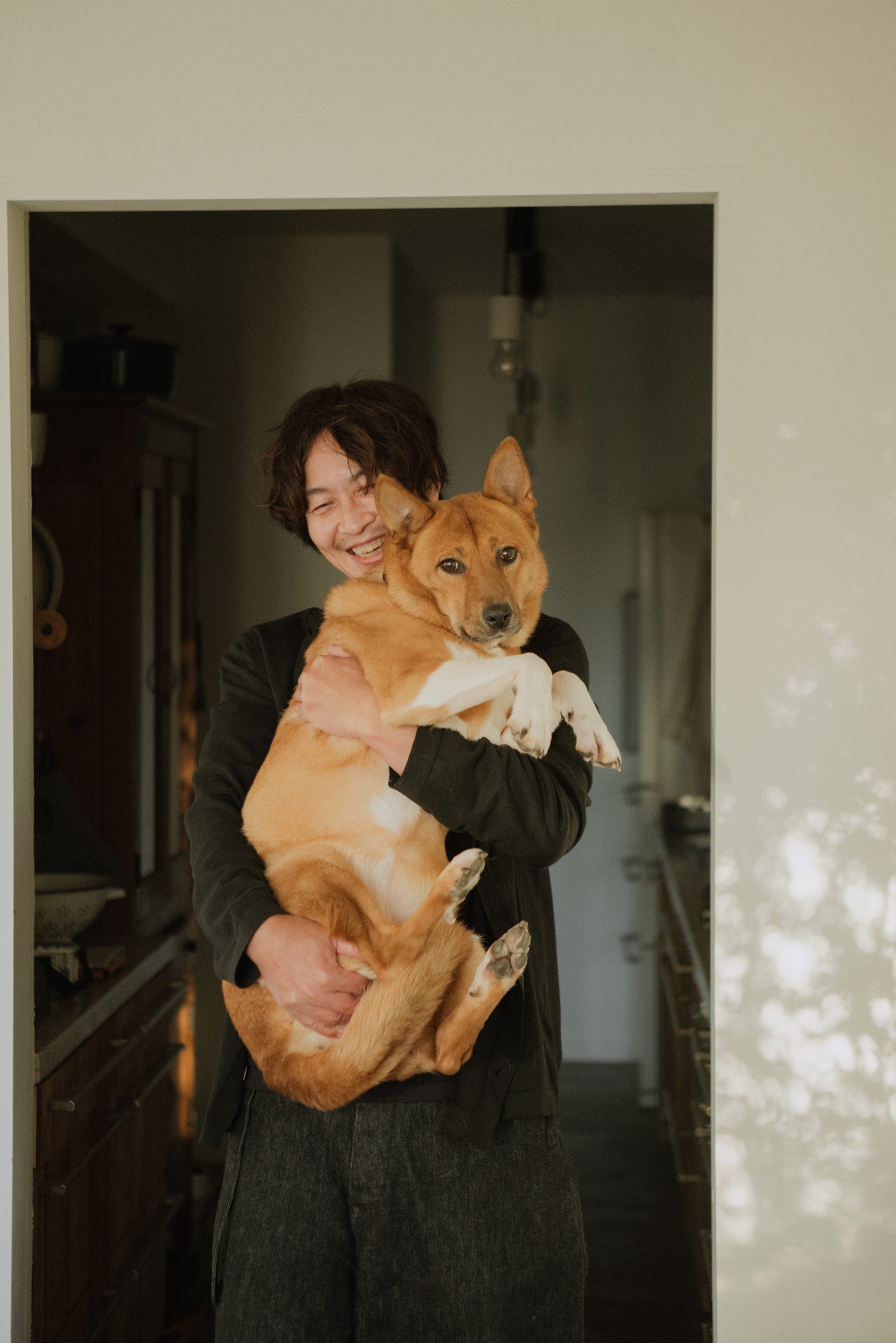
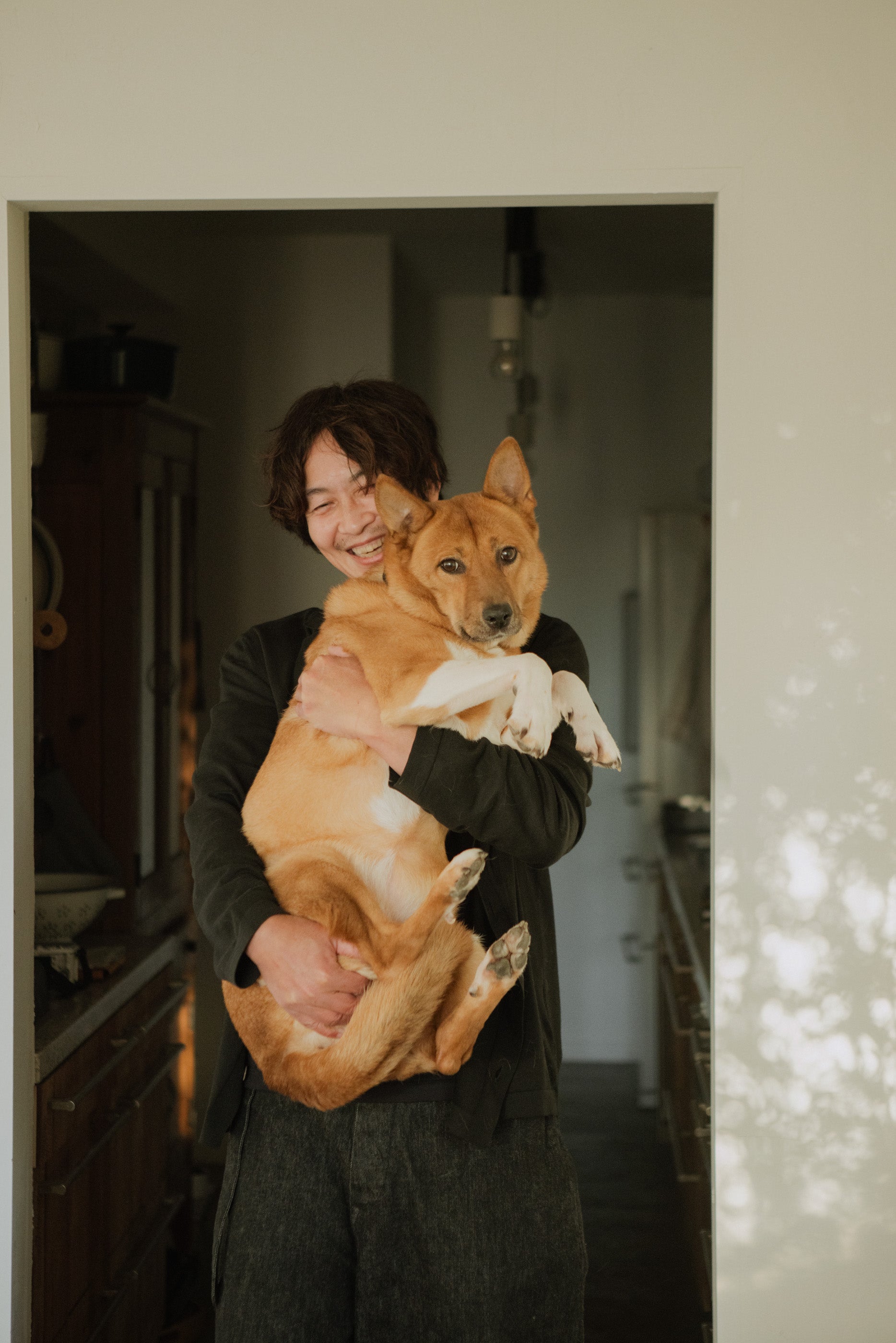
HANG OUT VOL.5 Live with Animal
Meet and live with a new partner.
There are unexpected encounters in life that become major turning points. Meeting animals is one of them. There are various reasons for adopting a pet, but the days with a companion that heals, energizes, and sometimes makes you laugh are more fun than you can imagine. It's good to adopt a rescued animal, but how about a unique choice like a meerkat instead of just a dog or cat?
The choice to adopt a rescue animal.
PROFILE
Takanobu Kobayashi
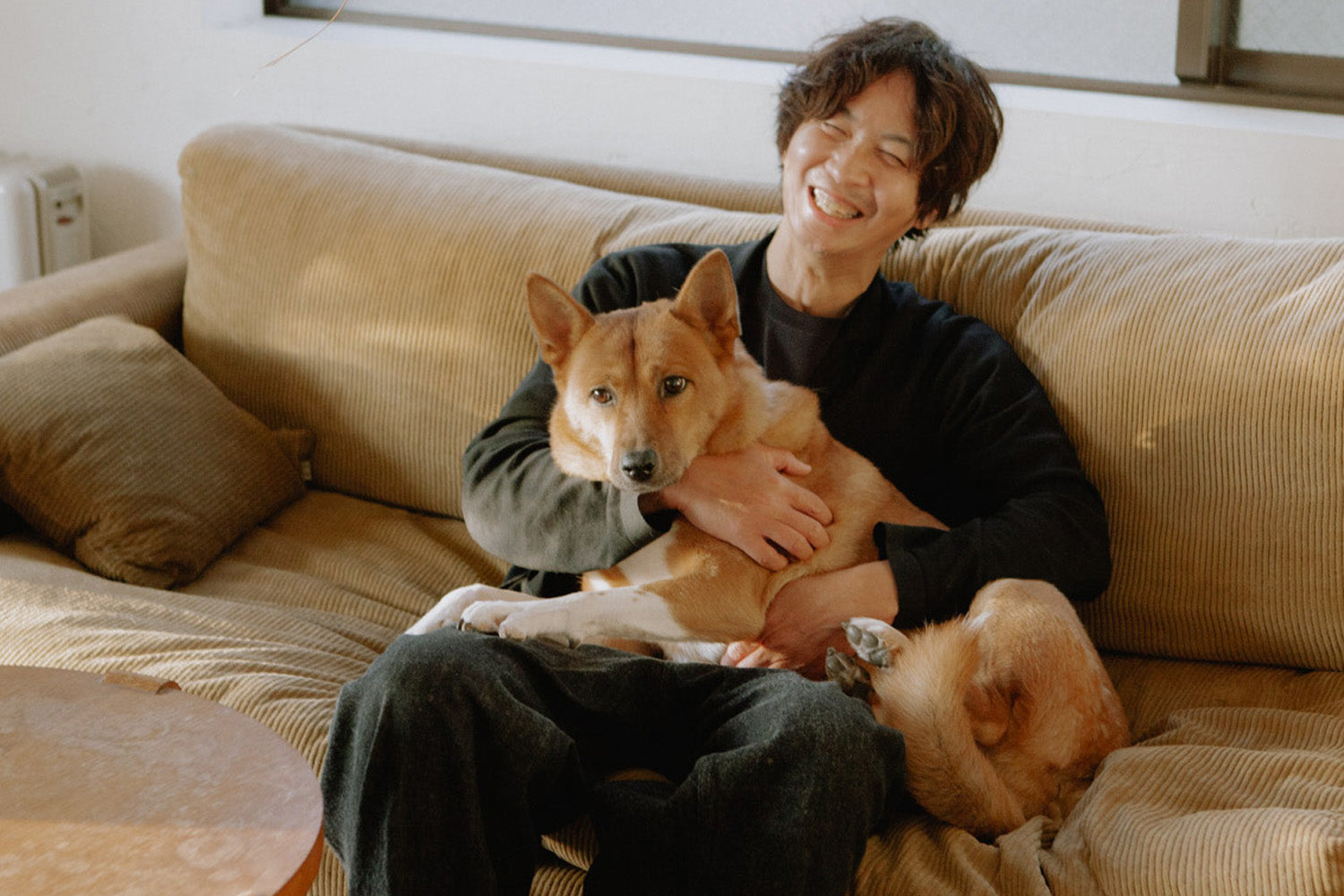
Born in Fukui Prefecture in 1967. In addition to serving as editor-in-chief of the monthly magazines "ESSE" and "Natural Life," he has produced numerous magazines and books. In 2016, he began posting about rescue dogs and cats on his Instagram. His posts about his bond with his wife, a former rescue dog named Fuku, who was fighting an illness, and his family became a hot topic, and in 2023 he published a book that compiled those posts, "When My Wife Was Given a Prognosis for How Long She Lasted, I Decided to Get a Rescue Dog" (Fumeisha).
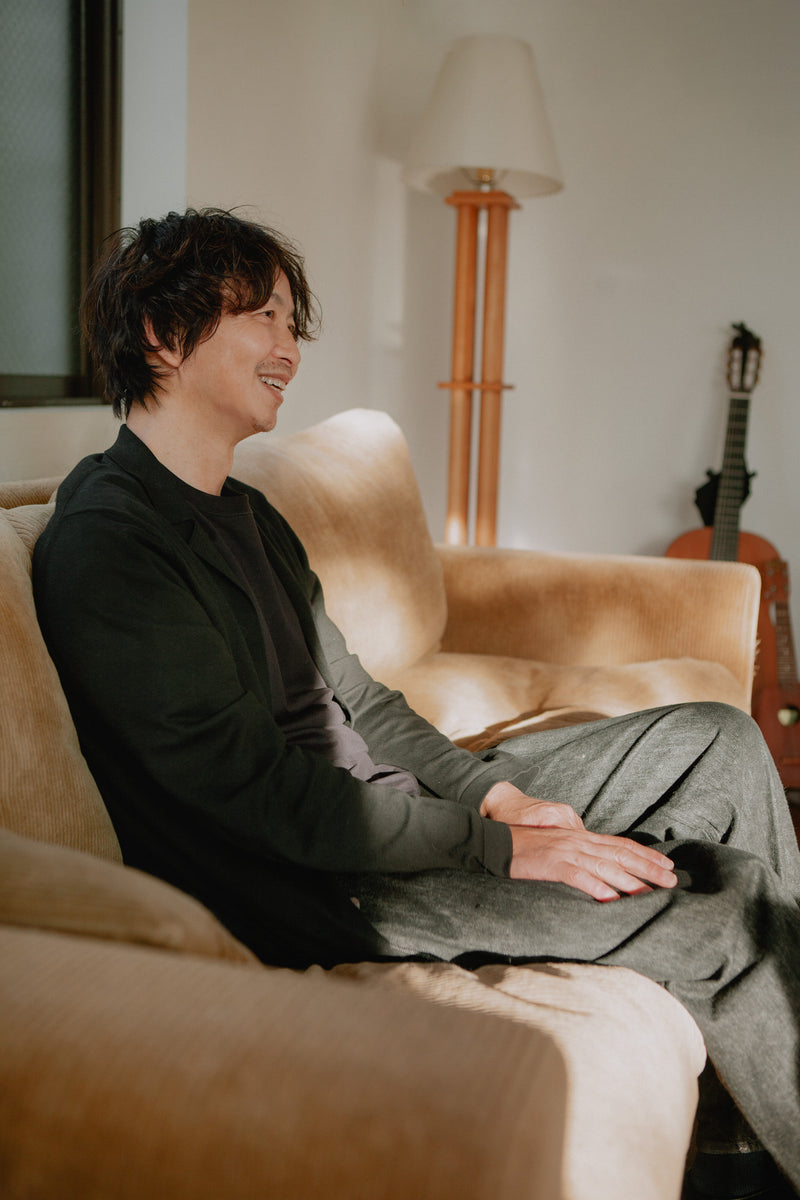

Difficult family situations and advice from friends.
- Kobayashi-san currently lives with a former rescue dog named Fuku-chan and four former rescue cats. What prompted you to adopt them?
The first dog to come to our house was Fuku, and it was at the end of 2016. At the time, my wife was battling illness and our family was going through a very difficult time. At that time, a friend of mine suggested we get a dog, and I became interested.
-At that time, was adopting a rescue animal an option for you?
The offer came along with information about a rescue dog looking for a home, so I didn't think of anything else. I had friends around me who had previously owned rescue dogs, so it wasn't a special option for me. I'd always had doubts about social issues surrounding animals, such as the display and sale of pets, so adopting a rescue dog was a natural progression.
-If you meet people who actually own pets, you can get some prior knowledge, and it's also easier to hear about pets looking for foster parents.
Yes, that's right. I talked to a friend about it around Christmas time, and started looking in time for my wife's birthday on December 29th. I visited a shelter in Tokyo that had rescued puppies from Shunan City, Yamaguchi Prefecture, and that's where I met Fuku. At first, I was planning to adopt a different dog, but there was one that was curled up in the back of a carrier case and wouldn't come out. At the time, it was called "Anzu," but when I heard that it had gotten bigger than the others and no one wanted it, I raised my hand and said, "Well, I'll take it."
-You went home together on the day you met.
Yes, on the way home I named it Fuku. One of the reasons is that I'm from Fukui Prefecture (laughs).
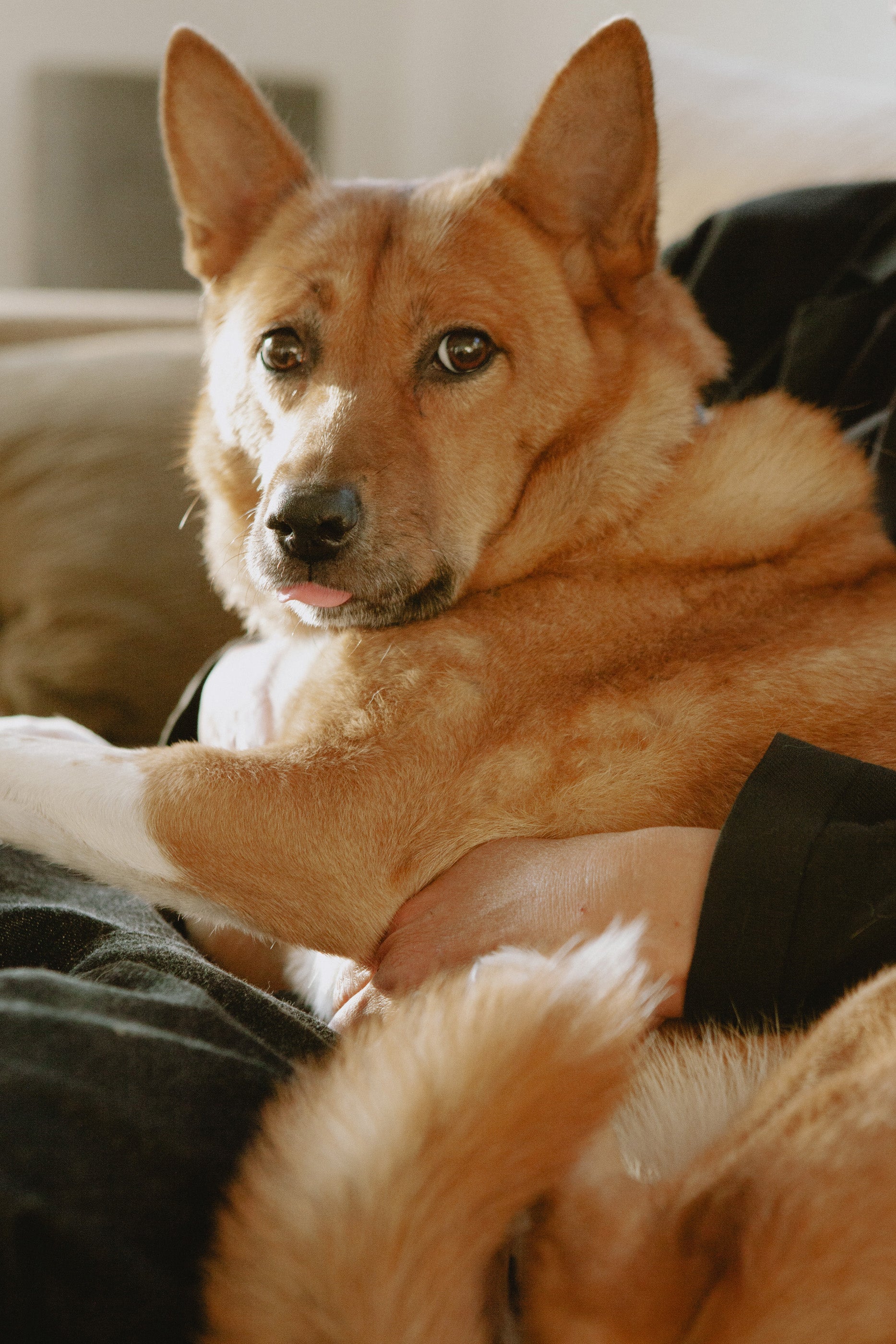
This article is exclusive to monthly members
To read more
All articles are free to read. All content is free during the trial period.
Buy a Monthly Membership Log in
